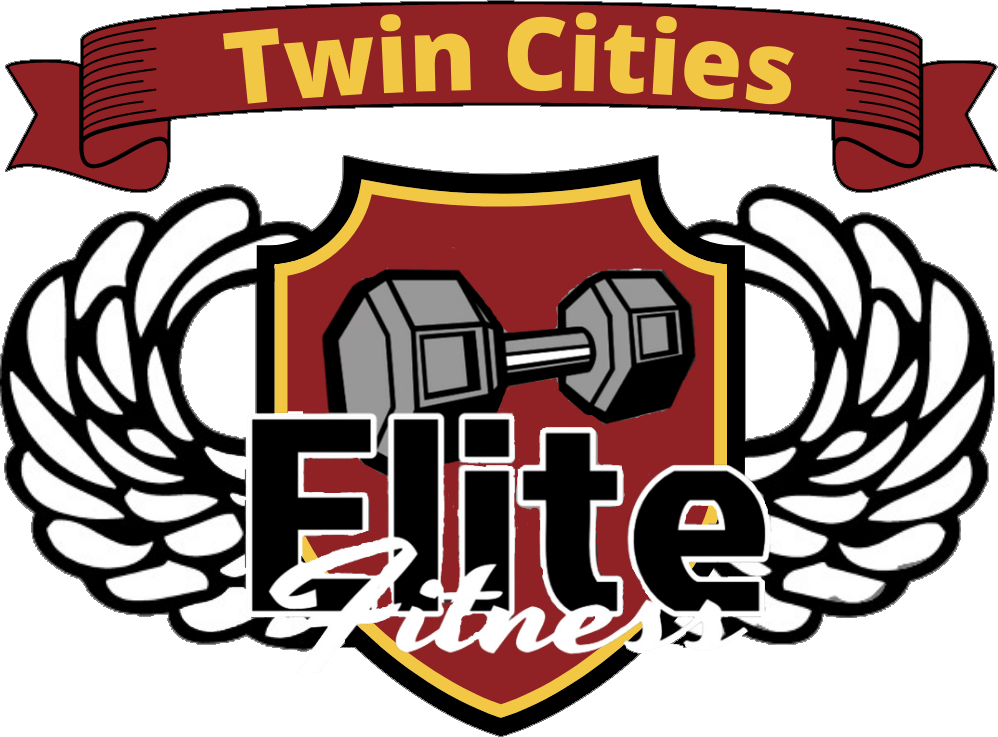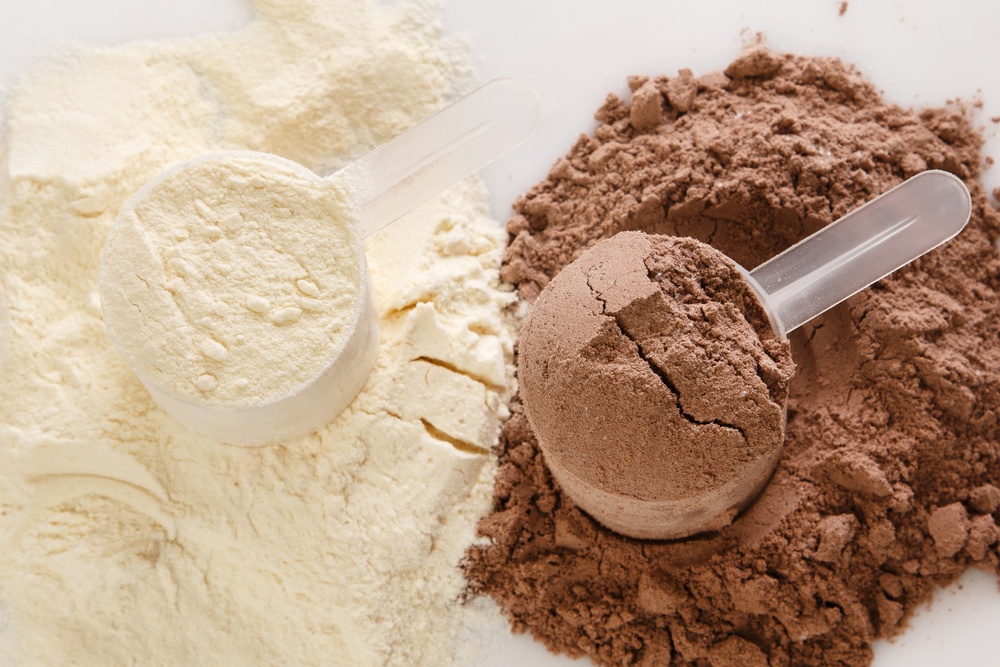Protein is a big word these days. It is a multi-billion dollar industry and booming! There are numerous health benefits associated with protein, including preventing bone loss, muscle spasms, and even diseases like diabetes. No matter which you use, the nutrients come from the ingredients. Here are some things you may find in your protein powder.
Artificial Sweeteners
Many people overlook one thing when they look at a protein powder, the sweetener used. Many manufacturers will use artificial sweeteners to cut down on the calories in their products, so they end up being lower in calories than other options. For instance, some whey powders might contain artificial sweeteners such as Sucralose, Aspartame, and Ace-k. All three have been linked with numerous health issues, including damage to your gut health, neurotoxicity, and increased cancer risk. In addition to this, if you want to avoid artificial ingredients for ethical reasons, look for a vanilla whey protein powder that does not have cheap ingredients and goes through an intensive filtration process.
Whey Protein Concentrate
This is one of two protein powders commonly found in your grocer’s aisle. The benefits of whey are relatively few, and the protein it contains is low quality. Although whey is an essential source of amino acids, it lacks lysine and some other critical amino acids that can be found in other protein sources. As a result, whey protein negatively affects blood sugar regulation and blood pressure levels.
Although whey protein may not offer many benefits, it does contain the B vitamins riboflavin and thiamin, which may benefit energy levels and athletic performance. Also, one serving of whey protein provides 15 grams of B12 (which helps maintain the nervous system). The whey protein may also support skin health, as one serving contains 2.5 milligrams of biotin (which can improve the skin’s ability to boost immunity and maintain moisture). For instance, chocolate whey protein powder is rich in the sulfur-containing amino acid cysteine, cocoa powder, and milk protein. Cysteine can help with wound healing, regulation of blood vessel dilation, and improving the immune system.
Soy-based Protein Powder
Soy protein contains high quantities of a compound called isoflavones, commonly found in soy nuts and legumes and thought to be beneficial for metabolic and bone health. These isoflavones may help lower cholesterol levels by inhibiting fat absorption, thus promoting weight loss. Soy protein contains an abundance of a group of amino acids known as glutamates. These glutamates are non-essential amino acids (which means they are not vital for producing bodily proteins), but they taste good. They may reduce the levels of carcinogenic compounds produced when meat is cooked at high temperatures.
BHA (butylated hydroxyanisole) and BHT (butylated hydroxytoluene)
BHA/BHT is used to prevent bacteria from growing in the protein powder as a preservative. Also, this component is used as a preservative in many other products like food and cosmetics, so make sure that you check labels to see if the product you are looking into contains this chemical. That can be a problem for people who have issues with gut health as it has been linked with bad bacteria that can cause inflammation in your gut.
Dextrose and Maltodextrin
Many people are unaware of the final product of dextrose and maltodextrin, which are commonly found in protein powders. These are carbohydrates that have been isolated from the sugars found in, say, for example, whole wheat. These are used as a bulking agent to make up for the powder’s increase in calories and protein. When you’re looking at ingredients, it is generally recommended to use these last as they are often used as a filler or bulking agent. They do not contain any nutritional value and can cause your blood sugar to spike and crash just like sugar would, so it is usually best to avoid them.
Reliable Protein Powder
Protein powder, or a protein shake, supplements people take to support their muscles, overall health, and weight loss. It is an easy way to get suitable protein in your diet. Protein shakes can be taken as part of your meal -shake first thing in the morning with some fruit or veggies, before or after working out – you can drink it as-is or mix it with milk (cow’s milk), yogurt (plain yogurt), oatmeal (old-fashioned oats) cereal (wheat cereal) and ice cream.
That’s why it’s important to buy a reliable protein powder from a reputable company like Twin Cities Elite Fitness. Contact us today to find out more about the wonderful ingredients in our protein powders.

